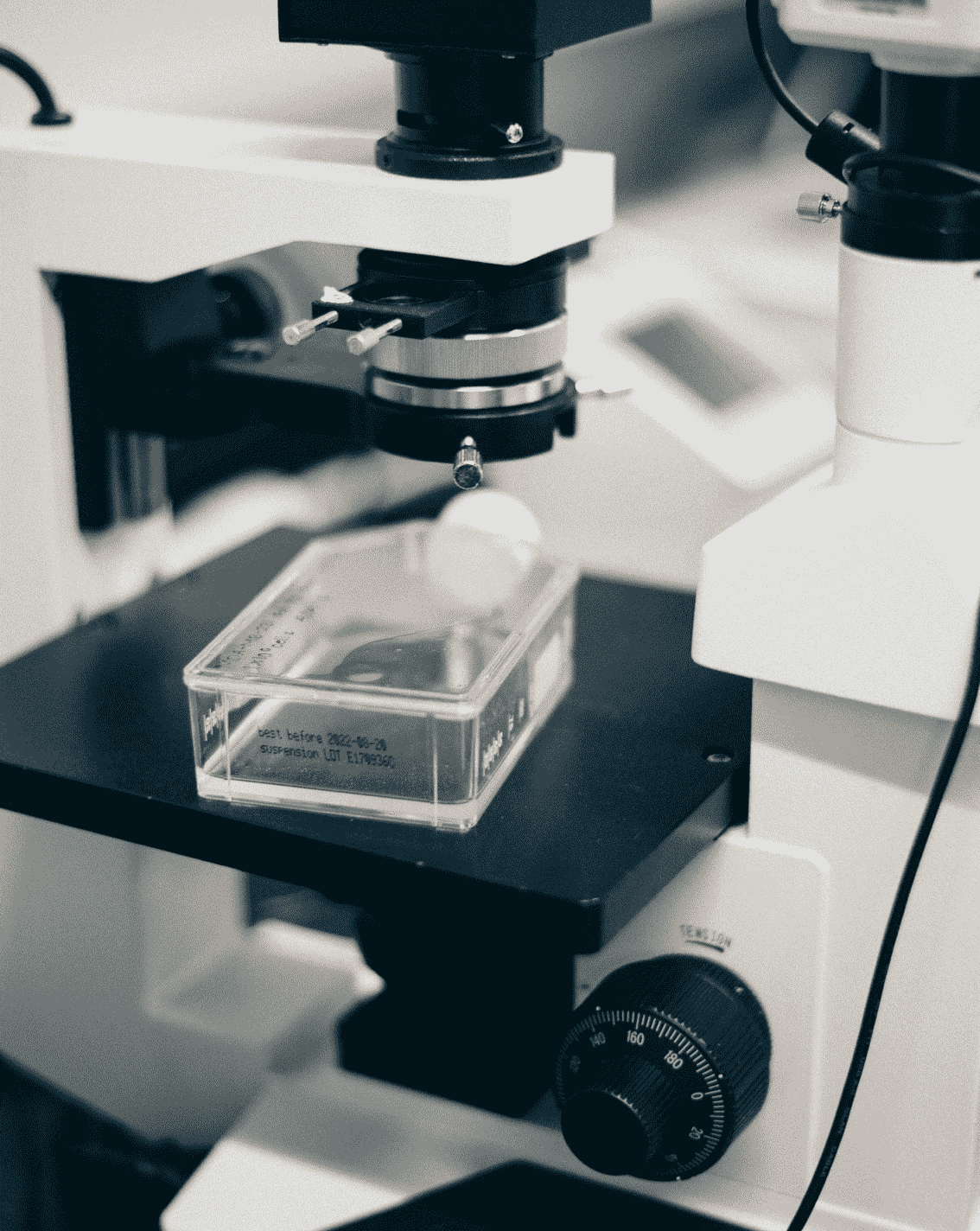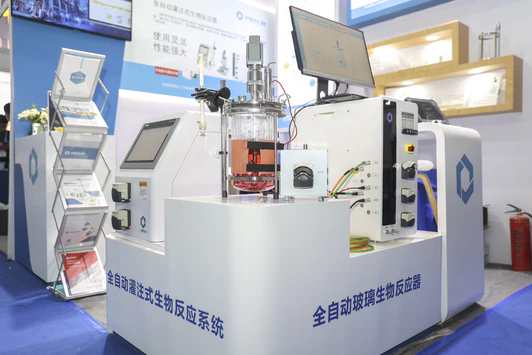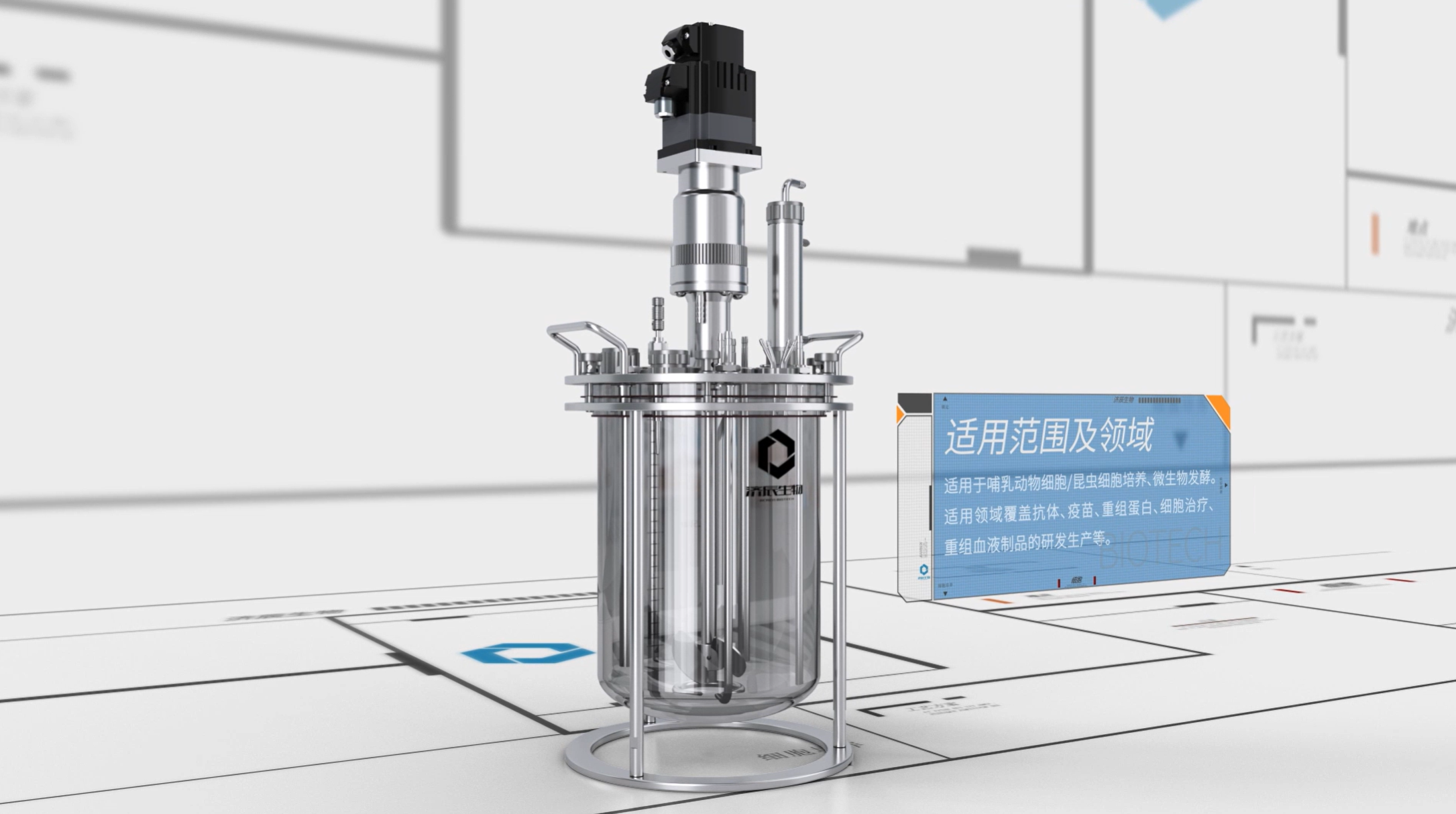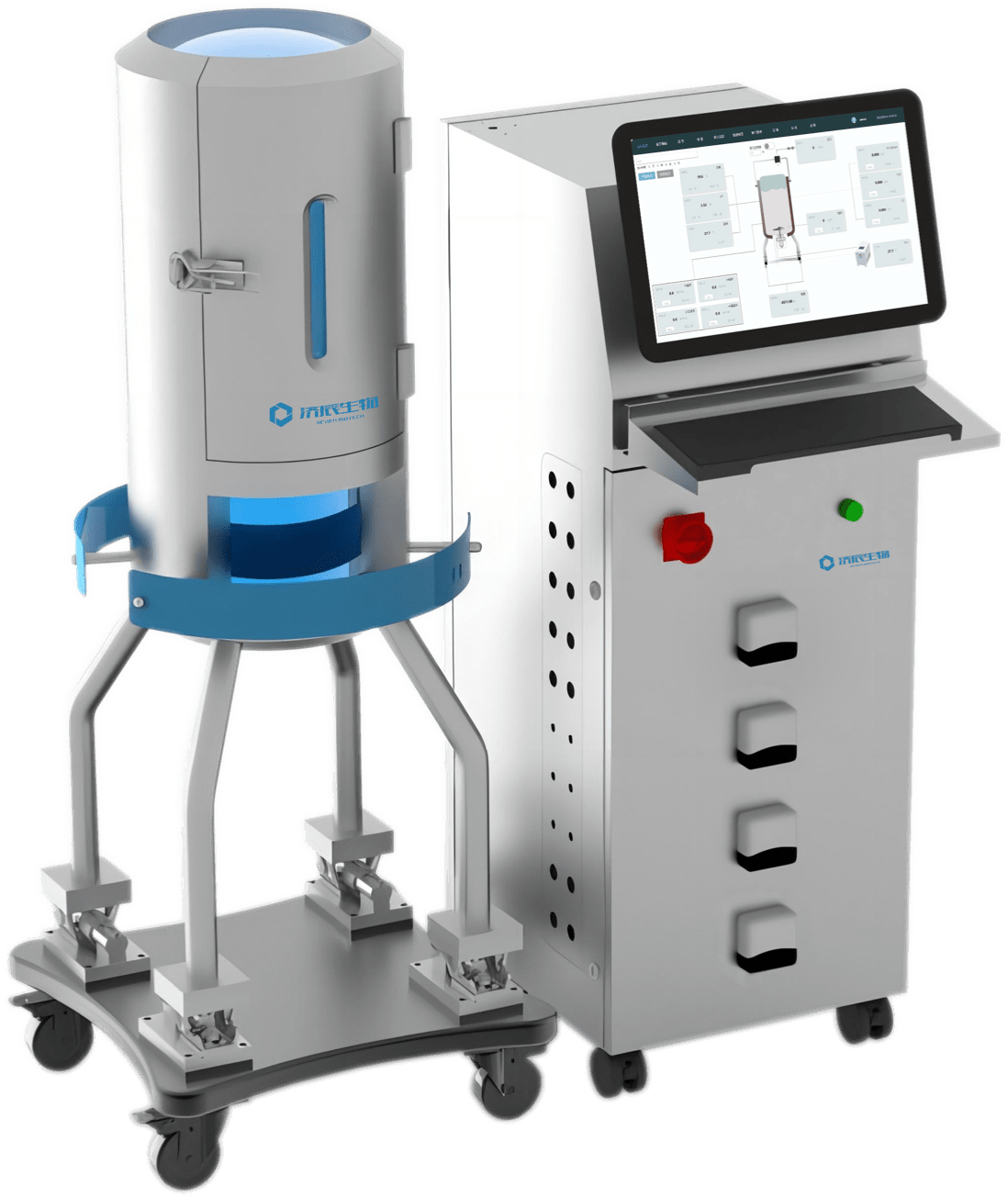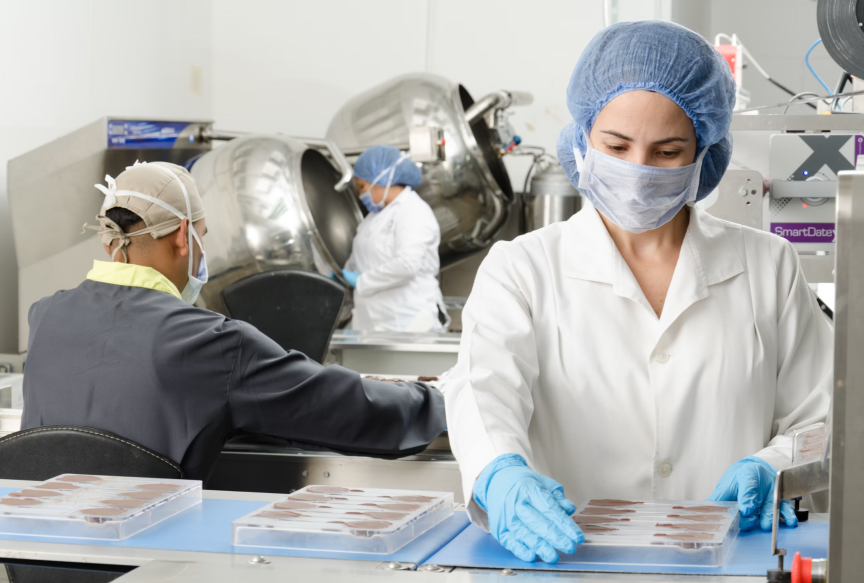Fermentation system technology is one of the key technologies in the biopharmaceutical industry, which is of great significance for increasing drug yield and reducing production costs. This paper discusses the innovative technologies, challenges, and development trends of fermentation systems, aiming to provide new ideas and approaches for the biopharmaceutical industry.
The biopharmaceutical industry, as a strategic emerging industry of the country, plays an important role in safeguarding the health of the people and promoting the economic development. As the core link of biopharmaceuticals, the innovation and development of fermentation system technology is of great significance to the whole industry. This paper will discuss the innovation and challenges of fermentation system technology in the biopharmaceutical industry.
Innovation of fermentation system technology
1. Microbial high-throughput screening technology
High-throughput screening technology is a high-efficiency microbial screening method, which can be used to screen a large number of microorganisms in a short time, and improve fermentation system strains. screening and improve the efficiency of strain screening in fermentation systems. High-throughput screening is achieved through automated and integrated equipment to provide high-performance strains for the fermentation system.
2. On-line monitoring and control technology for fermentation process
Using equipment such as sensors, data acquisition systems, and other equipment, real-time monitoring of key parameters in the fermentation process, such as temperature, pH, and dissolved oxygen is carried out. Through intelligent control algorithms, precise control of the fermentation process is realized to improve drug yield and quality.
3. Simulation and optimization of fermentation system
With the help of computer technology, the simulation and optimization of the fermentation system is carried out to predict the changes of the fermentation process and provide theoretical guidance for the actual production. Through the simulation and optimization of the fermentation system, the production cost can be reduced and the production efficiency can be improved.
4. Modification of fermentation strains based on genetic engineering
The use of genetic engineering technology is used to modify fermentation strains to improve their production capacity, resistance and so on. Through gene editing, regulation and other means, the customized production of fermentation strains is realized to meet the production needs of different drugs.
Challenges to fermentation system technology
1. Limited strain resources
Despite the abundance of microorganisms in nature, the number of high-yielding, stable strains that can be used in fermentation systems is still limited. Discovering and utilizing new strain resources is an important challenge for fermentation system technology.
2. Difficulty in controlling the fermentation process
The fermentation process involves a variety of factors, such as strain characterization, medium composition, and environmental conditions. It is still challenging to realize precise control of the fermentation process to improve drug yield and quality.
3. Environmental protection pressure
The problem of handling pollutants, such as wastewater and exhaust gases, generated during the fermentation production process has become increasingly prominent. How to ensure fermentation efficiency while reducing environmental pressure is a major challenge for fermentation system technology.
The development trend of fermentation system technology
1. Green fermentation technology
With the increasing awareness of environmental protection, the green fermentation technology will become the future development trend. Through optimizing the fermentation process, reducing energy consumption, reducing waste emissions and other measures, the green and sustainable development of the fermentation production process can be achieved.
2. Intelligent fermentation system
With the help of the Internet of Things, big data, cloud computing and other technologies, the fermentation system can be realized as intelligent. Through real-time monitoring, intelligent control, remote management and other means, the fermentation production efficiency is improved.
3. Cross-border integration
Fermentation system technology will be interwoven with technologies from other fields, such as bioinformatics, materials science, chemical engineering, etc., to bring more innovations to the biopharmaceutical industry.
In conclusion, fermentation system technology has an important position in the biopharmaceutical industry. In the face of innovation and challenges, China should increase its research and development efforts to promote the fermentation system technology to achieve a higher level of development and contribute to the biopharmaceutical industry.
